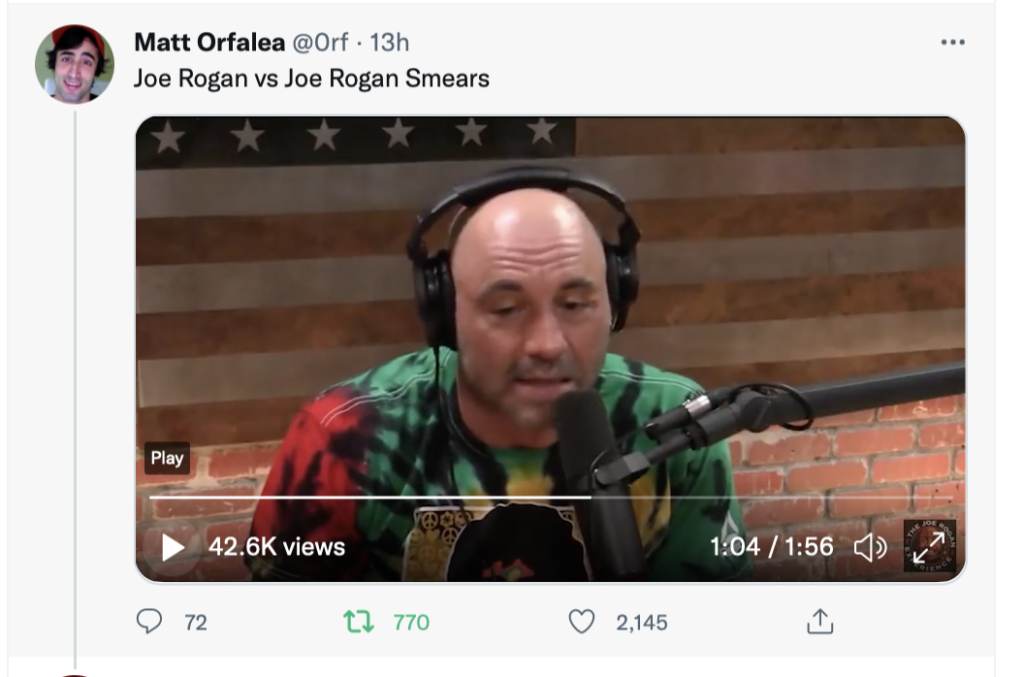The Type of Real Life Government Freddie deBoer Can Believe In
I enjoy reading the writings of Freddie deBoer, who describes himself as a "Marxist of an old-school variety." Here is an excerpt from his most recent Substack post: Title is "I want a political movement that is . . .
We would be concerned first and foremost with reality, and we would therefore privilege “is” statements over “ought to be” statements. My ideal movement would recognize that the obsession with the symbolic has become a road to nowhere for the left-of-center. Our relentless habit will be to say, what does this do for actually-existing poor people? What does this do for actually-existing Black people? What does this do for actually-existing women or gay or trans people? What does this policy, argument, or claim do in fact, for real human beings, in material terms? Put another way, if we got our way, could we see the effects of that with our own two eyes? I can see hungry Black kids getting food. I can’t see white liberals “holding space” for Black people. We must return to the real. It’s past time . . .An effective left movement would identify building a mass movement by appealing to the unconvinced as its most central, most essential goal. All strategies and messaging would be bent towards the goal of rational appeal to potential supporters. We would identify obscurantism, factionalism, purity signaling, and other behaviors that limit the potential numbers of the movement as counterproductive. We would limit the use of specialized vocabulary and other forms of in-group signaling. We would constantly consider how our practices and discourses actually grow or fail to grow the ranks of the movement.
We would not abandon principle in the name of popularity, but we would insist that principles that inherently exclude large swaths of the human population cannot be the basis for a successful movement. We would seek to welcome, not alienate, those not already convinced. We would utilize traditional democratic principles such as voting and representation for decision-making. We would recognize that all “flat” movement structures, leaderlessness, and other anti-hierarchical systems of decision-making have repeatedly failed as means of governance in past left-wing movements. We would affirm and defend the rights of minority voices and dissent within the decision-making process. We would recognize the basic, beautiful radicalism of voting and democracy and defend them against the tyranny of structurelessness . . .
We would recognize that left movements have traditionally suffered terribly from assaults on individual rights, such as in anti-Communist purges, redbaiting, and anti-left eliminationism. We would acknowledge that the illiberalism and rights-trampling of several so-called Communist governments in the 20th century prompted an enormous backlash to left anti-capitalism. We would understand that a robust, functional left social movement would be strong enough to live alongside those who disagree with it, and would have no need of silencing them. We would move confidently in the knowledge that our core beliefs will eventually win because they are correct, and so feel no particular desire to silence those who dissent from those beliefs.

